Monday, July 2, 2012
INDEPENDENCE AND YA LIT
If I’m to define “independence” in the same way that I think
many teens view the term—as a word interchangeable with “adulthood”—I’d have to
say that I actually thrust independence on the main characters of both my
published YAs.
Take Aura, the MC from my debut, A BLUE SO DARK. Her mother, Grace, suffers from a mental
illness. And as the book opens, her
mother’s sinking deeper into the darkness of that illness. Grace’s condition leaves Aura to become, in
many respects, the parent. The
adult. (So much so, Aura and her best
friend, Janny, a teen mom herself, come to a new understanding, toward the end
of the novel.) Aura, in many ways, longs
for a “normal” life—to be the girl who gets to chase after her crush on a cute skater
boy, whose deepest worry is regarding an upcoming exam. In short, she wants to worry only about herself—a luxury that often accompanies
most teenage years. Instead, Aura has to care for another
human being. She’s responsible for that
human being (her mother), which is a very adult problem.
Take Chelsea, the MC from my second novel, PLAYING
HURT. Her dilemma isn’t quite as dark as
Aura’s, but it’s life-altering just the same.
Chelsea’s
a small-town athlete, a hero on the basketball court—until a horrific accident
shatters her hip and ends her basketball career all in the same fell
swoop. Again, Chelsea doesn’t ask to be released from the
demands of being a teen athlete. She
doesn’t want to be freed from the
grueling schedule. But she gets it,
anyway.
In all likelihood, Aura and Chelsea would find themselves
dealing with these scenarios later on in life: Chelsea would absolutely have to
learn to deal with life after basketball, and there’s a strong possibility that
someday Aura would find herself responsible for another human being, either as
a parent or as a friend (I’m not sure it’s really possible to have meaningful,
resonant relationships in life and not find
yourself caring for others—in many ways, it can be one of the most rewarding
aspects of adult life)…
But Aura and Chelsea
are thrown into these adult roles, headfirst.
They’re tossed into their adulthood in such a way that it can’t really feel like independence at
all. I think in many respects, that’s
the crux of a good story: by making a character’s world change around them, by
forcing a character to adapt to and navigate their new world, you can’t help
but illustrate how that character grows, changes, learns. In many respects, I think those curves life
tosses often make us who we are—and present a perfect opportunity, in YA
literature, for our teen characters to become their best selves.
Subscribe to:
Post Comments (Atom)



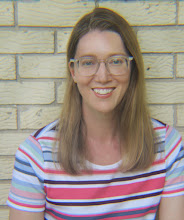













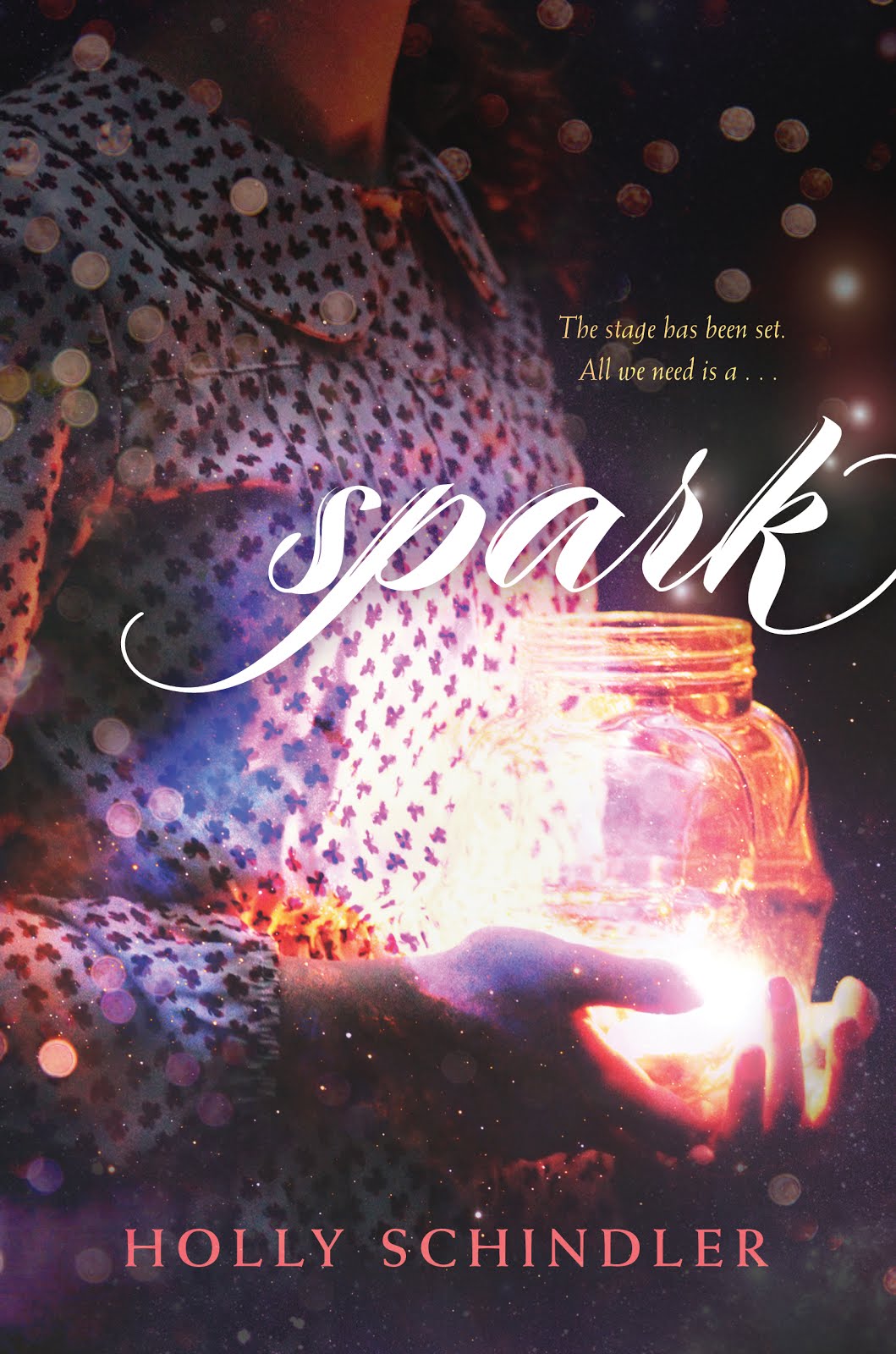





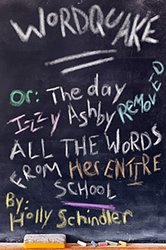



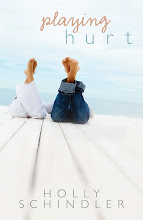

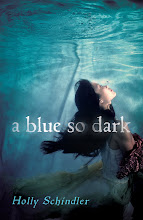








Hi Holly, and a happy 4th to you too! I've been thinking about this post, which I assume for you was related to Independence Day. To my 16-year-old daughter and her friends, their life now is a race to adulthood, which to them DOES mean independence. What they don't really understand is that independence means that the cushion is pulled out from under you, and you are handed responsibilities and consequences, many of which are irrevocable. Yes, Aura and Chelsea are hit with those things too soon, before they're ready, and they struggle, but they manage. And I think the lesson readers would take away is: I could manage too, if I had to. But if I don't have to yet, if I have a choice, maybe I'll just hang on to my cushion for a while.
ReplyDeleteSO TRUE! I think one of the best aspects of YA lit is that it does just that: shows kids in tough situations surviving and thriving.
DeleteThe big difference, I often think, between teens and adults is that adults have had enough experiences under their belt to know that when they're tossed one of life's curves, they'll figure it out. Teens haven't had enough experiences yet to have that confidence. It's scary when you're dealing with one of life's curveballs for the first time...
(...But, oh, if we could only just realize how precious our youth / childhood / teen years are when we're LIVING THEM...)
Happy 4th!